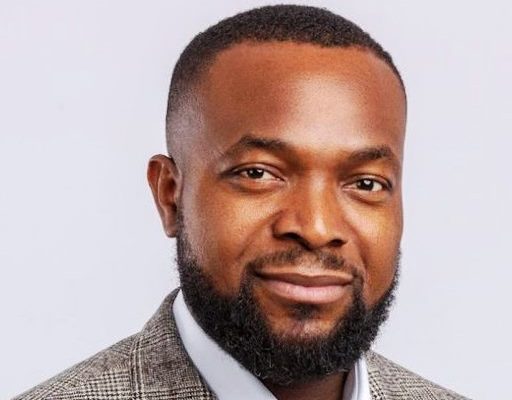The Minister of Communications, Innovations and Digital Economy, Bosun Tijani, said his ministry was working to ensure that telecommunication infrastructure is deemed as “critical national infrastructure” to protect investors in the sector and ensure seamless quality of service.
RELATED: Nigeria strengthens investors’ confidence as Buhari announces plans for Executive Order on Critical National Infrastructure
The minister revealed this in a recent interaction with Channels Television blaming vandals for destroying telecoms infrastructures.
His words: “One of the memos I have been working on as a minister is actually to declare telecommunication infrastructure as critical national infrastructure because there are times people go vandalise a base station, steal some of the things there, go resell.
“Every time that is done, it gets in the way of quality of connections that people get. There are times people dig the ground and they end up breaking fibre optics cables – those fibre optics cables also contribute to the quality of services that you and me get.”
Critical National Infrastructure (CNI) Bill
Nigeria has continued to dither on the Critical National Infrastructure (CNI) Bill with stakeholders blaming non-passage of the bill, over the years, as one of the major hindrances to growth in the sector.
In 2020, former President Muhammadu Buhari announced plans for an Executive Order on Critical National Infrastructure to protect telecommunications infrastructures from vandalisation and abuse, sometimes by state agents in some of Nigeria’s 36 states that make up the federation.
“We are in the process of releasing an Executive Order on Critical National Infrastructure to ease your concerns regarding the security of your equipment,” Buhari assured a visiting team from MTN Group.
But government has not been able to push through with that assurance.
Tijani said his ministry fully connect the frequent vandalisation of telecom infrastructures to worrisome glitches in service delivery, stating that it could cost over $2bn to lay fibre optics cables across Nigeria end drop calls and other problems faced by operators.

































